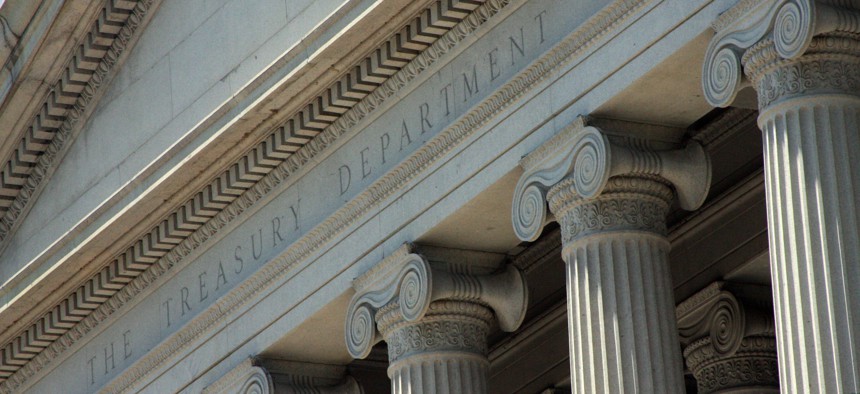
Flickr user Eric Weaver
When Donald Trump became president on Jan. 20, he immediately went on the federal payroll at a $400,000 annual salary. But he’s pledged to take virtually none of it.
During the campaign, Trump declared that he would not accept a paycheck if elected. (“That’s no big deal for me,” he said.) After Trump won, he said he would work for $1 a year, apparently operating under the assumption that the law required him to accept some remuneration.
But whatever level of salary presidents receive, they can’t just decline to take the pay they are due by statute. They either have to return the money to the Treasury or donate it to charity to achieve the goal of working for free.
Last week, the Tampa Bay Times asked the White House if Trump had started getting paychecks yet, and if so, what he was doing with the money. Officials didn’t respond to the question of whether Trump had been paid for his first month of service, but confirmed he wouldn’t be taking his salary when it came his way.
"He is required to get a paycheck, but will be giving it back to [the] Treasury or donating," spokeswoman Sarah Huckabee Sanders told the Times.
If that happens, Trump won’t be the first president to work for free. Herbert Hoover — who, like Trump, was a very wealthy man when he took office — refused to accept compensation when he served as president. John F. Kennedy also declined to take a salary — during not only his presidency, but in his years in Congress as well.
Down the road, another question Trump will face is whether he will accept a government pension and the other perks of a post-presidency. They can add up. In fiscal 2015, former President George W. Bush received more than $1 million in the form of a pension and other benefits including travel funds, staff support, office space and mailing privileges, according to General Services Administration data.
Of course, Trump already owns some pretty nice office space.
Photo: Flickr user Eric Weaver







